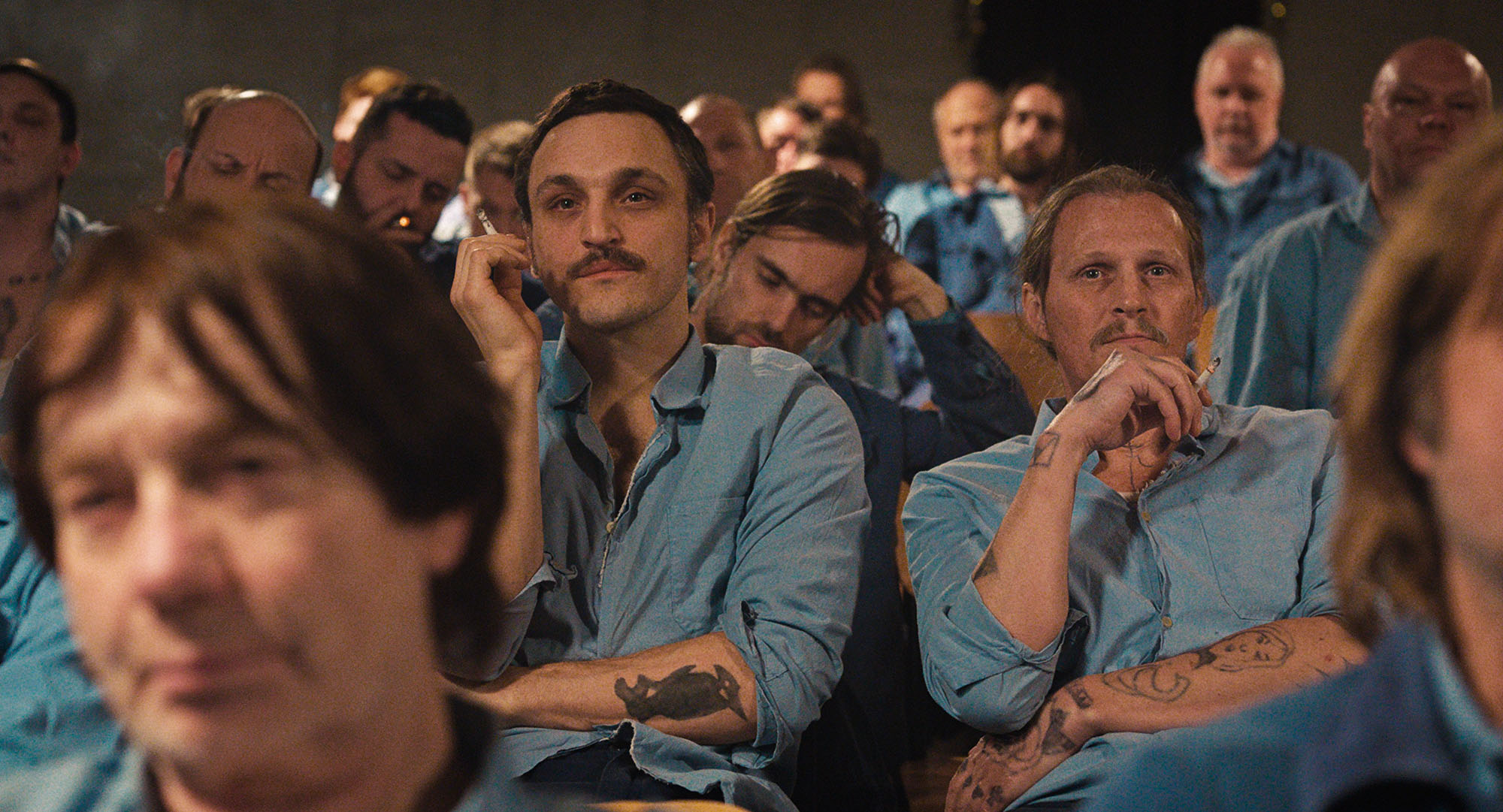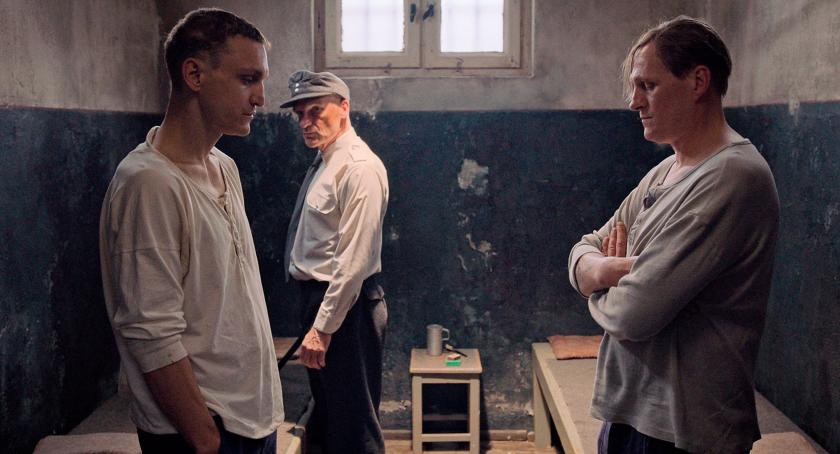A story of forbidden love, Great Freedom takes place almost entirely in a prison. The film's background is encapsulated in the word “175er/ hundertfünfundsiebziger”, still to be found in German dictionaries and collective memories as a pejorative word for a gay man.
It's a reference to Clause 175 of the German Criminal Code, which criminalised homosexuality. The law was originally introduced in 1871, broadened by the Nazis in 1935, substantially re-drawn in 1969, but only finally and fully repealed in 1994. There is also topicality here: claims for reparations – which are generally seen in Germany as having been far too little and far too late – will end this summer.
Austrian director Sebastian Meise co-wrote Great Freedom's screenplay with Thomas Reider and filmed it in one of the former East Germany's many abandoned gaols. He became aware of the injustices inflicted by Clause 175 through reading about its appalling history. Between 1945 and 1969, about 100,000 gay men were indicted under it and about 50,000 were imprisoned. Among the worst affected were men who had been held in custody by the Nazis and were then immediately re-incarcerated by the allies.
This is the fate of the central character, Hans Hoffmann, magnificently played by Franz Rogowski, known for his mesmerising cameo in the chandelier dancing scene in Michael Haneke’s Happy End (2017) and as the refugee in Christian Petzold's Transit (2018). Great Freedom flicks back and forth between the 1940s, the 1950s and the 1960s in a way that reinforces the stultifying tedium and endless repetition, and the waste of lives spent in prison. We see the sameness of the routines of prison work sewing sheets, and at mealtimes the daily search for the very last remnants of gruel on battered aluminium plates.
Great Freedom flicks back and forth between the 1940s, the 1950s and the 1960s in a way that reinforces the stultifying tedium and endless repetition, and the waste of lives spent in prison. We see the sameness of the routines of prison work sewing sheets, and at mealtimes the daily search for the very last remnants of gruel on battered aluminium plates.
Hoffmann's quest for intimacy and hope ends in scraps and arguments. There is a recurring sequence in which he undresses before the guards, as the prelude to their merciless slamming of a metal door on him as he is bundled into another cold, bare solitary confinement cell. Again and again, the viewer sees a black screen after the heavy door thuds. The lonely solo trumpet-playing of the great Norwegian musician Nils Petter Molvaer underscores the bleakness of Hoffmann's isolation.
The prison film is a rich genre. Meise says his own strongest association is with Escape from Alcatraz, which he remembers from his childhood. I couldn’t help wondering if the prison scene from Charles Chaplin’s Modern Times might not also have left its mark. Not only are the characters framed by the enclosing metal bars of the inside of a prison, there is also the contrast between Chaplin’s slight frame and innocent demeanour, particularly when he appears next to a threatening hardened criminal.
In Great Freedom, this latter role is memorably taken by the Viennese actor Georg Friedrich as Viktor Bix. The moment Bix first realises he's about to share a cell with a “175er”, he angrily refuses, violently throwing both the man and his belongings into the corridor. Building on the chemistry between Rogowski and Friedrich, Meise's calibration of their relationship, which becomes increasingly close, is touchingly and scrupulously observed. (Pictured above: Rogowski, left, and Friedrich in a scene in which prisoners watch the 1969 Apollo 11 moon landing).
I first saw Great Freedom on a computer screen and was unmoved by its message that prison life is repetitive and tedious; the film's ending also seemed trite and obvious. I felt exactly the opposite when I saw it on a cinema screen, which emphasises the debilitating claustrophobia experienced by prisoners. The larger frame also reveals how carefully Meise crafted the images and the subtlety of his storytelling and pacing.
What comes through most forcefully is the warmth and tenderness of Hoffmann’s search for love. He is indomitable, he is undaunted, and yet his love can only ever be fleeting and doomed when set against the backdrop of total and arbitrary repression. This is an important film, and a distinctive – if essentially dark – addition to the canon of movies set in prisons.















Add comment